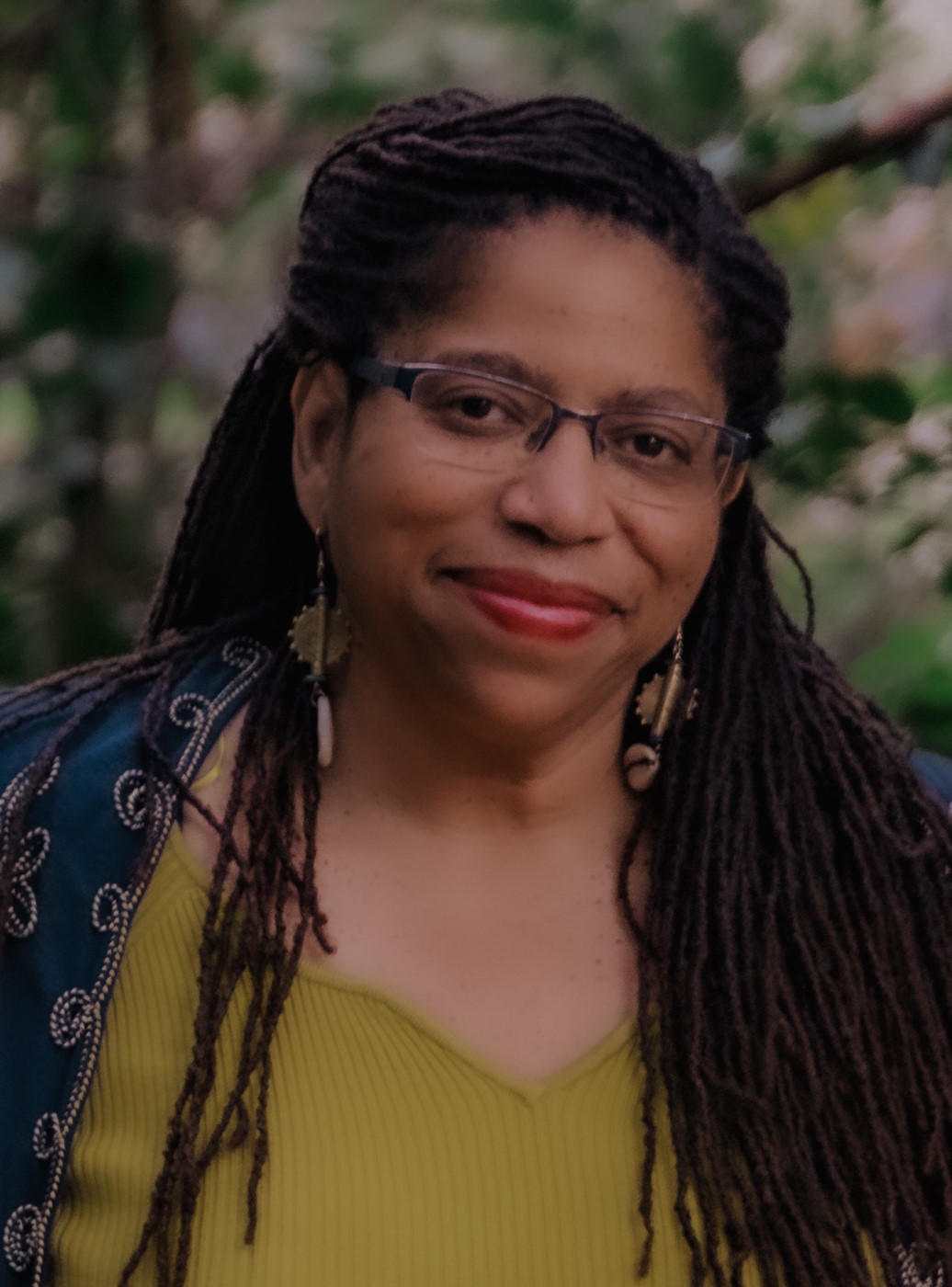Sheila Smith McKoy earned her BA at North Carolina State University, her MA at the University of North Carolina, Chapel Hill, and her PhD at Duke University. An award-winning poet, fiction writer, and filmmaker, she is the recipient of the 2020 Muriel Craft Bailey Memorial Prize in poetry, and a Pulitzer and Pushcart nominated writer. She has written, produced, directed, or served as executive producer for four documentaries: St Agnes: The Untold Story (2012), Opening Doors: The Lives and Legacies of Dr. Lawrence M. Clark and Dr. Augustus M. Witherspoon (2013), WLLE: A Voice of the Community (Co-Executive Producer, 2015), and Luwero: A Conversation about War, Peace and Gender (2017). She was editor of Obsidian: Literature in the African Diaspora for nine years, 2006-2015. In addition to The Bones Beneath, Smith McKoy has authored or edited several books, including The Wisdom of Ifá: An Ancient Paradigm for the Twenty-First Century and Beyond (co-edited, 2025), Teaching Literature and Writing in Prisons (2023), Recovering the African Feminine Divine in Literature, the Arts, and Performing Arts: Yemonja Awakening (co-edited, 2020), One Window’s Light: A Haiku Collection (co--authored, 2017), The Elizabeth Keckley Reader: Artistry, Culture and Commerce (2017), The Elizabeth Keckley Reader: Writing Self, Writing Nation (2016), and When Whites Riot: Writing Race and Violence in American and South African Cultures (2001). A restorative justice mediator and coach, Smith McKoy specializes in restorative justice practices. She moved back to her hometown, Raleigh, NC, in 2024.


 © Linda Jones Photography
© Linda Jones Photography 

